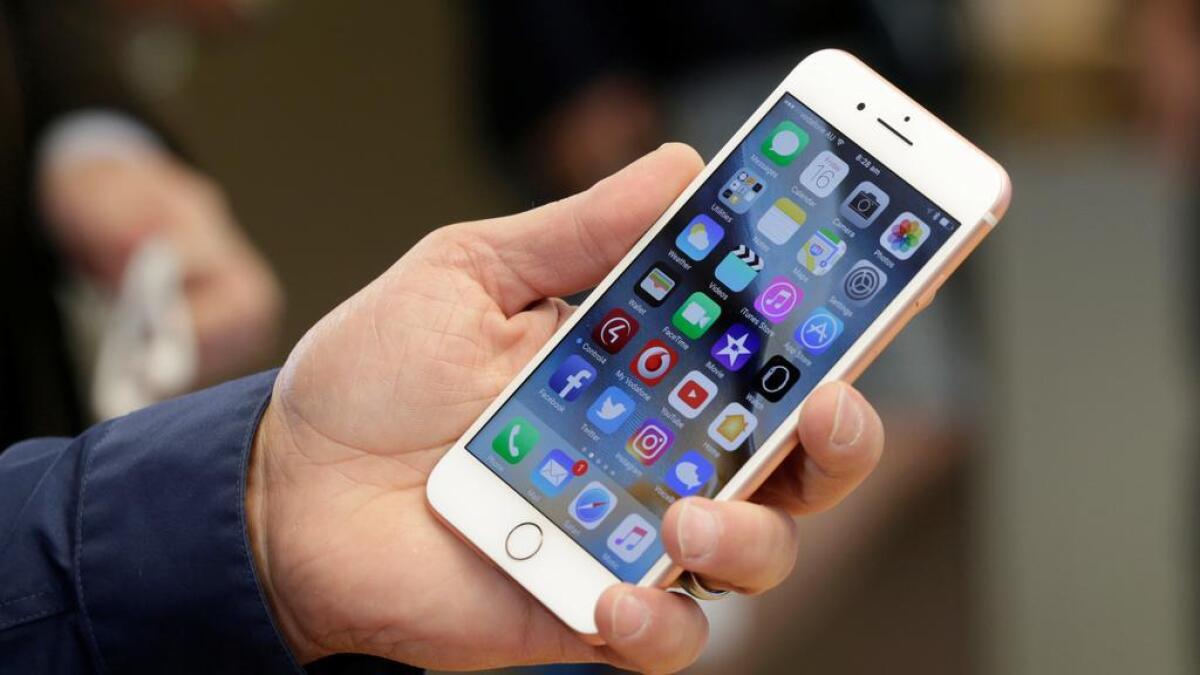In today’s digital age, many UAE residents are choosing to switch from smartphones to ‘dumb phones’ in order to regain a sense of balance and reduce screen addiction. These ‘dumb phones’ are basic devices that only offer calling and text messaging capabilities, without internet connectivity. The decision to make this switch comes from the recognition that social media addiction is a prevalent issue, with studies labeling it as the “number one non-substance addiction” globally.
One individual who made the switch is Zaid Basalat, a 22-year-old Jordanian expat, who found that constantly being glued to his smartphone was impacting his productivity and real-world interactions. By utilizing a dumb phone, Zaid was able to focus on other activities, such as going for walks and learning new skills, while also improving his attention span and becoming more realistic about social media portrayals. Despite a few challenges like staying connected with friends and accessing news, Zaid found ways to adapt and managed to complete a two-month digital detox successfully.
Another expat, Yusuf Ahmad, a 22-year-old Egyptian, also embarked on a digital detox journey by switching to a basic phone. This move allowed him to reduce distractions, improve focus, and reclaim his time from excessive social media use. Although he missed the convenience of apps and navigation during the detox period, Yusuf found that his productivity and mindfulness significantly improved. Despite the initial challenges and temptations, he successfully broke his social media addiction over a three-month period.
However, not everyone finds it easy to stay away from smartphones. Shama Ali, a 26-year-old from Al Ain, attempted to use a ‘dumb phone’ for 15 days but ultimately found it difficult to continue. She felt lost without her smartphone as it contained her entire life, and despite feeling initially more productive with decreased screen time, she struggled to maintain the switch to a basic phone.
Dr. Hanan Mahmoud Kandil, a Specialist in Psychiatry, highlighted the pervasive issue of screen addiction and the negative impact it can have on attention spans and brain structure. She emphasized the importance of reducing digital connectivity for a healthy and balanced life, suggesting that ‘dumb phones’ can be beneficial in combating smartphone addiction. Dr. Kandil warned about the mental health consequences of excessive screen time, including anxiety, depression, and isolation, especially in children.
To address screen addiction, Dr. Kandil advised individuals to be mindful of their screen time, develop a balanced routine that includes relaxation techniques and physical activity, and engage in activities that don’t involve screens. By finding a balance between digital connectivity and real-world focus, residents can work towards a healthier relationship with technology and prioritize their mental well-being. Ultimately, the shift towards ‘dumb phones’ reflects a growing awareness of the need to take a step back from constant digital stimulation and find a healthier approach to technology usage.










